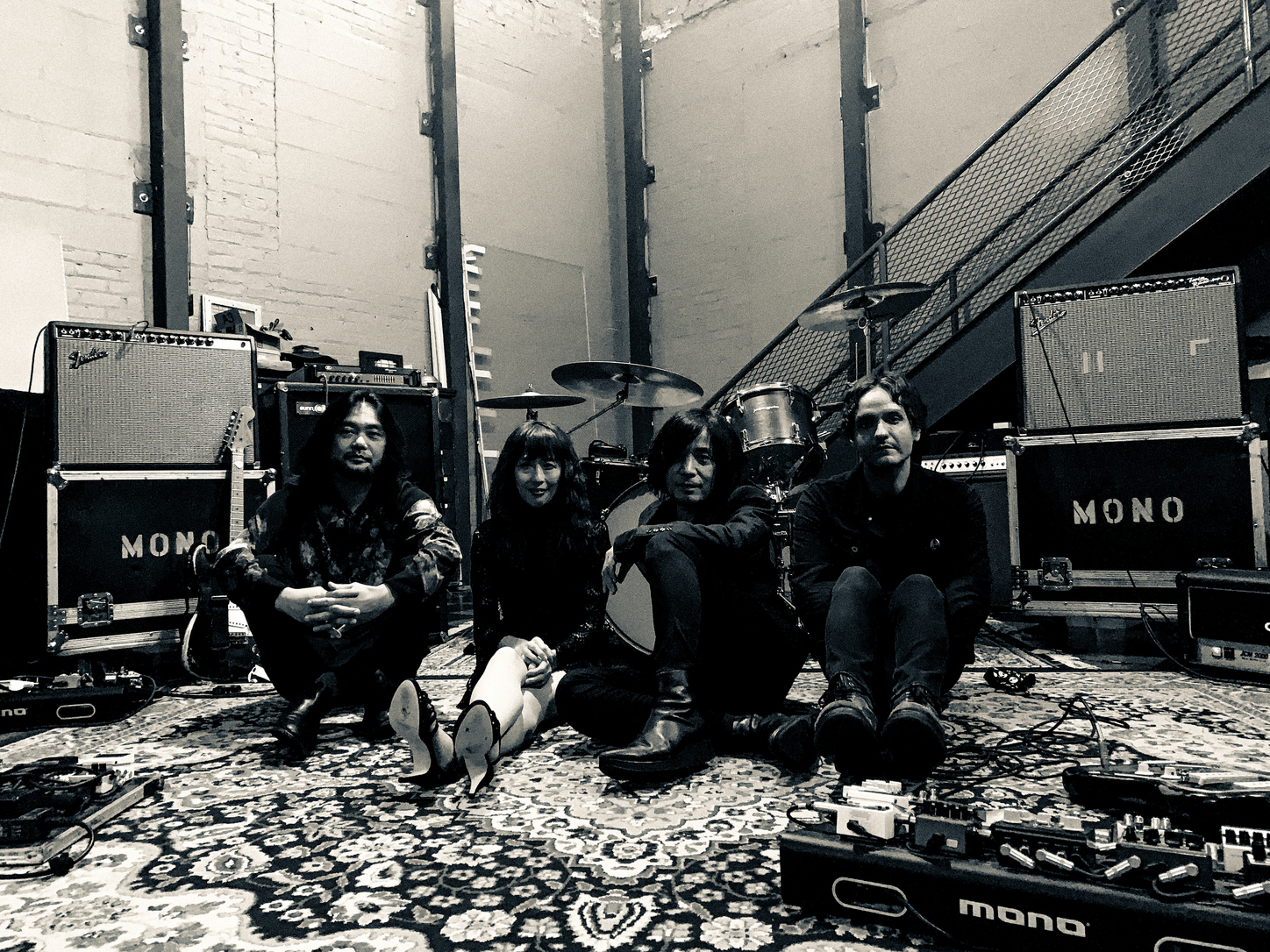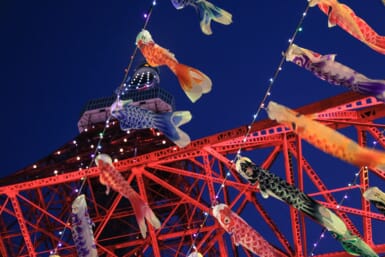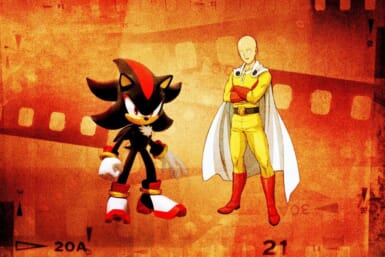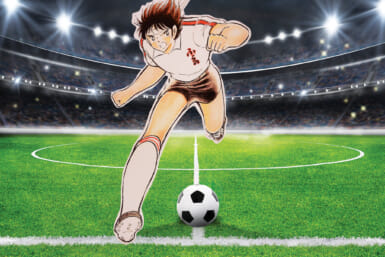Japanese music fans, particularly those into post-rock, are sure to have heard of the band Mono (stylized as MONO). The Tokyo-based band led by guitarist and composer Takaakira “Taka” Goto formed in 1999. More than two decades on, and they are still releasing exceptional albums.
While Mono’s sound is difficult to pin down, their albums are characterized by the way they weave distorted electric guitars and noise with beautiful classically-inspired orchestral melodies. They have been able to maintain a sound that is distinctly theirs. This is no doubt partly thanks to their work with legendary record producer Steve Albini, who has worked on albums with bands such as Nirvana, the Pixies and Jimmy Page and Robert Plant. He has helped make the band’s dynamic and vast soundscapes permanent.
Mono are scheduled to go on tour in Europe and North America from mid-August to mid-September to promote their latest album, Pilgrimage of the Soul. TW had the chance to ask Taka about writing music, working with Steve Albini and being a touring musician during a global pandemic.
Have your lives changed drastically due to the Covid-19 pandemic?
I’ve been continuously touring the world ever since we formed the band 20 years ago so the last few years have been very strange. It almost feels like time was cut out from our lives.
Until now, the world has managed to maintain peace and safety. I was free to choose whatever I wanted to do and above all, I was able to perform with the band members and be absorbed in chasing our possibilities and dreams.
I’m currently utilizing all my time on songwriting, like our next album, some film soundtracks and more.
Can you expand more on the film soundtracks and other projects you are currently working on?
We’re currently working on a documentary film soundtrack by a Japanese director. The songs are already done and we’re now in the final stage. It’s scheduled to premiere this year.
How excited are you about performing Pilgrimage of the Soul at live settings?
We finished our 20th-anniversary world tour just before the pandemic and the band was filled with momentum and self-confidence. With that timing, I wrote Pilgrimage of the Soul and we recorded it in 2020.
I feel we managed to create the most satisfying album to date, so I want to be able to resume the tour and share it with all the fans as soon as possible.
The album incorporated new electronic elements. Will we see more of this in the future or was it just an isolated experiment?
The band was completely reborn when our new drummer Dahm (Majuri Cipolla) joined. We felt we were doing the most satisfying live performances and as a band, we could welcome the best time. His drumming was like a gift from the universe.
This was the first record I wrote since Dahm joined. I was able to write very freely while imagining his drumming. Even if we incorporate beats or electronics that we’ve never used before, I feel that we can sound like us. The range the band can express now has expanded exponentially.
I think things will continue to evolve more and more. I’m really looking forward to it.
You have worked with Steve Albini for most of your career. How instrumental is he to Mono’s sound?
Steve is our hero, a longtime friend and a true genius. Musically and logistically, he records and mixes the band’s sounds, electronics, strings, wind instruments and more. He does it boldly and perfectly, with full analog recording.
The fact that we can express many of our desired emotions that can’t be expressed in words, that appeal to the heart, realistically and fully with just music, is all thanks to Steve’s high-quality sounds.
Do you compose the songs knowing they will need to be performed live without additional instruments from an orchestra?
When I compose the songs, I already arrange them so we can perform with and without an orchestra. It’s difficult, but as we released more albums, I was able to find a way.
Your sound weaves beautiful orchestral soundscapes with distorted noise-filled riffs. Does that happen organically?
All of these are the emotions that are deep inside my heart and they naturally come to me when I try to express them with music. Of course, I’ve been inspired by both classical music like Beethoven and Ennio Morricone and guitar noise by My Bloody Valentine, but what I want to express most is my emotions.
With music, I believe you can express emotions that you can’t simply express with words. I’m not a fan of things written with your head or written to show off your techniques or theories. I think what attracts your heart is beyond theory and logic. I’m drawn towards things that give you different values and emotions after finishing, like fantastic books or movies. I believe you can do the same with music.
Have you drawn inspiration from any Japanese music, whether traditional or modern?
I get asked the same question often but I honestly don’t know (laughs). I’ve never been conscious about it nor have I ever tried to analyze it.
But I can, in certainty, say I don’t get inspired by modern Japanese culture, music or art at all. If there is an inspiration, I would say it’s the quiet countryside landscape where I grew up, with only mountains, rivers and snow. When I compose, I often remember that.
You can also follow the band on Facebook, Instagram and Twitter.
Featured image by Diana Lungu










